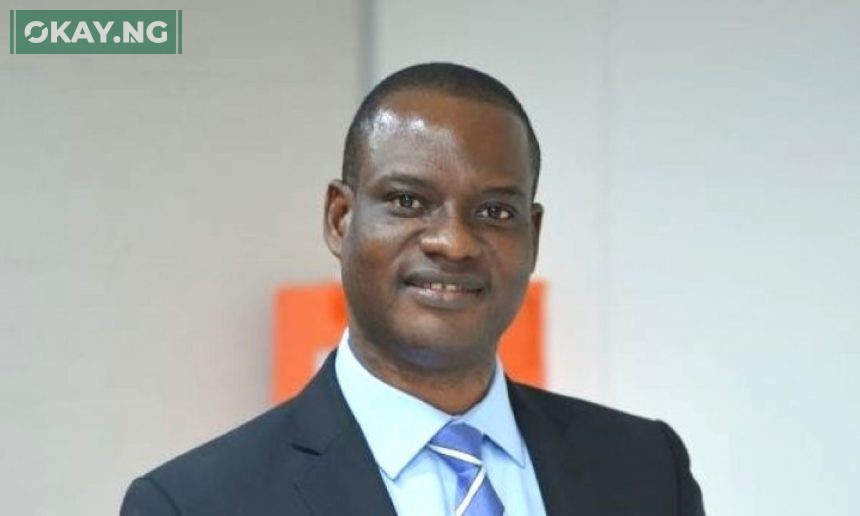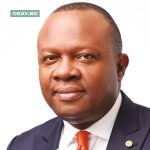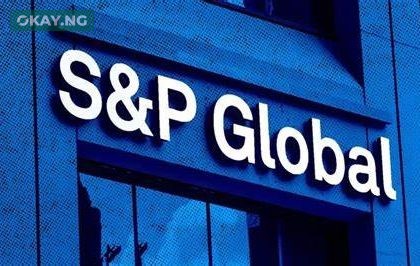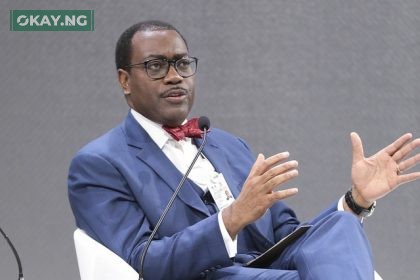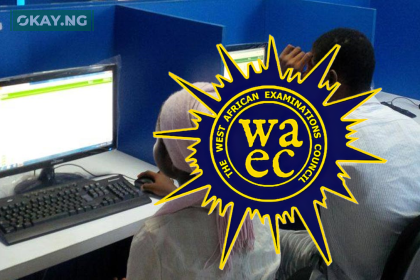Experts have over time described the Central Bank of Nigeria (CBN) policy approach of increasing the Monetary Policy Rate (MPR) as a means to curb inflation as not a suitable approach for the Nigerian Economy. Contributing to the growing chorus of voices is the Chairman of the Presidential Fiscal Policy and Tax Reforms Committee, Taiwo Oyedele. He contends that the CBN’s aggressive MPR hikes are not only failing to curb inflation but are actively fueling it, exacerbating the economic hardships faced by ordinary Nigerians.
Speaking at a recent forum organized by PwC and BusinessDay, Oyedele presented a compelling case against the current monetary policy approach. He explained that businesses, already grappling with exorbitant borrowing costs ranging from 35% to 40%, are forced to pass these costs onto consumers through higher prices, creating a vicious cycle of inflation.
“The MPR, as far as I’m concerned, was a factor pushing inflation up, not bringing it down,” he asserted.
This situation is further compounded by the persistent undervaluation of the naira, a critical factor that Oyedele passionately emphasized. “I do not think that N1,500/$ is the fair value of the naira. I think the naira is undervalued,” he declared.
Read Also: Illicit Demand, Not Supply, Cripples Naira – Taiwo Oyedele
He argued that a crucial step towards economic stability lies in addressing the exchange rate issue through increased transparency in foreign exchange markets and a comprehensive suite of structural reforms.
The impact of these challenges is starkly evident in the manufacturing sector, where businesses are burdened with over N1 trillion worth of unsold inventory. This inventory glut is a direct consequence of high interest rates, which stifle consumer demand, and the overall economic slowdown.
Oyedele advocated for a fundamental shift in policy. Instead of relying solely on blunt instruments like blanket MPR adjustments, he urged policymakers to address the root causes of inflation. These include volatile exchange rates, an inefficient taxation system, and the lack of adequate support for local production.
While acknowledging the current economic headwinds, Oyedele expressed cautious optimism about the possibility of easing inflationary pressures in 2025 due to a potential decline in external shocks. However, he stressed the paramount importance of fiscal discipline and transparency in government spending. “If government spending is from sustainable sources like taxes or resource revenues and not from printing new money, the impact on inflation is muted,” he explained, drawing a parallel to the economic models of Nordic countries renowned for their fiscal prudence.
The undervaluation of the naira and the misguided reliance on MPR hikes underscore a deeper flaw in Nigeria’s current economic strategy. Oyedele’s insights serve as a critical wake-up call, highlighting the urgent need for a paradigm shift in both monetary and fiscal policies. This shift must prioritize structural reforms, sustainable growth, and a more nuanced approach to addressing the complex challenges facing the Nigerian economy.
The question now facing Nigeria is whether policymakers will heed these warnings and embrace a more sustainable path or continue to grapple with the consequences of outdated and ineffective policies. The choices made today will undoubtedly shape the nation’s economic trajectory for years to come.


